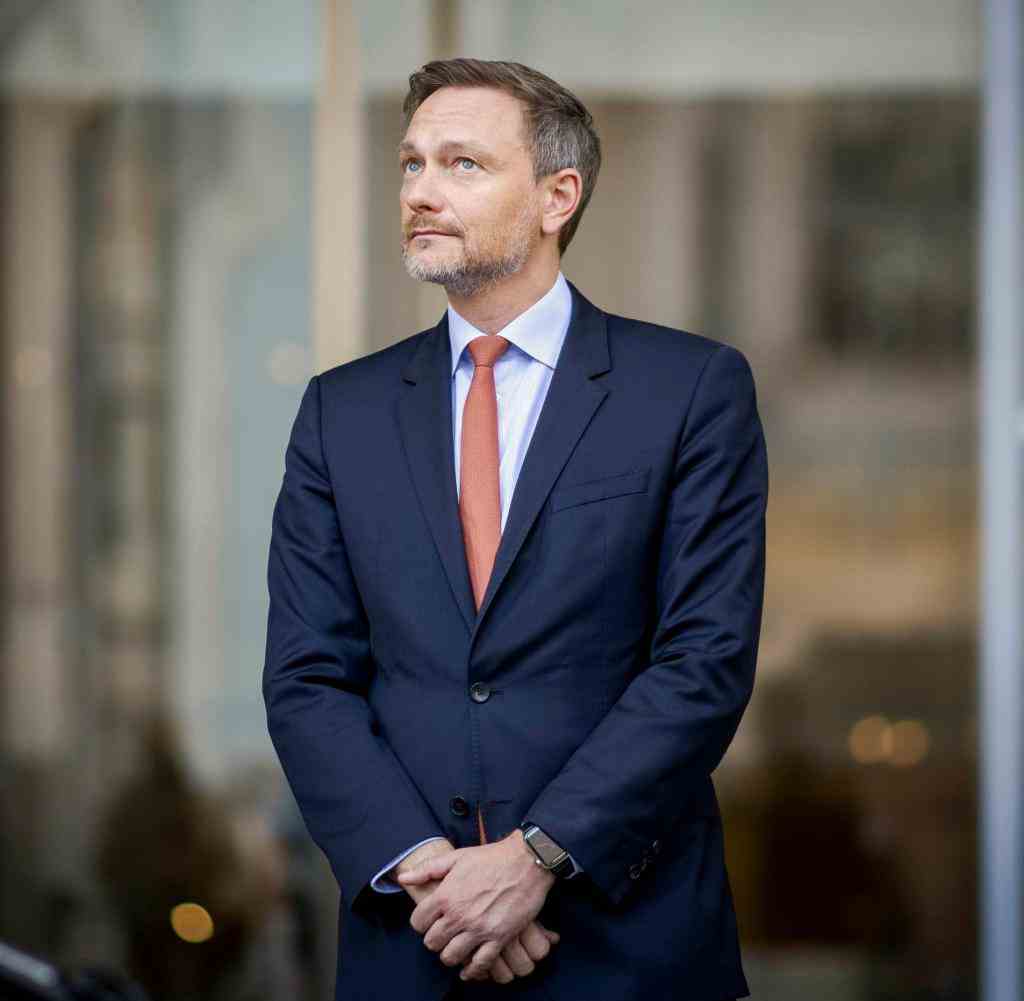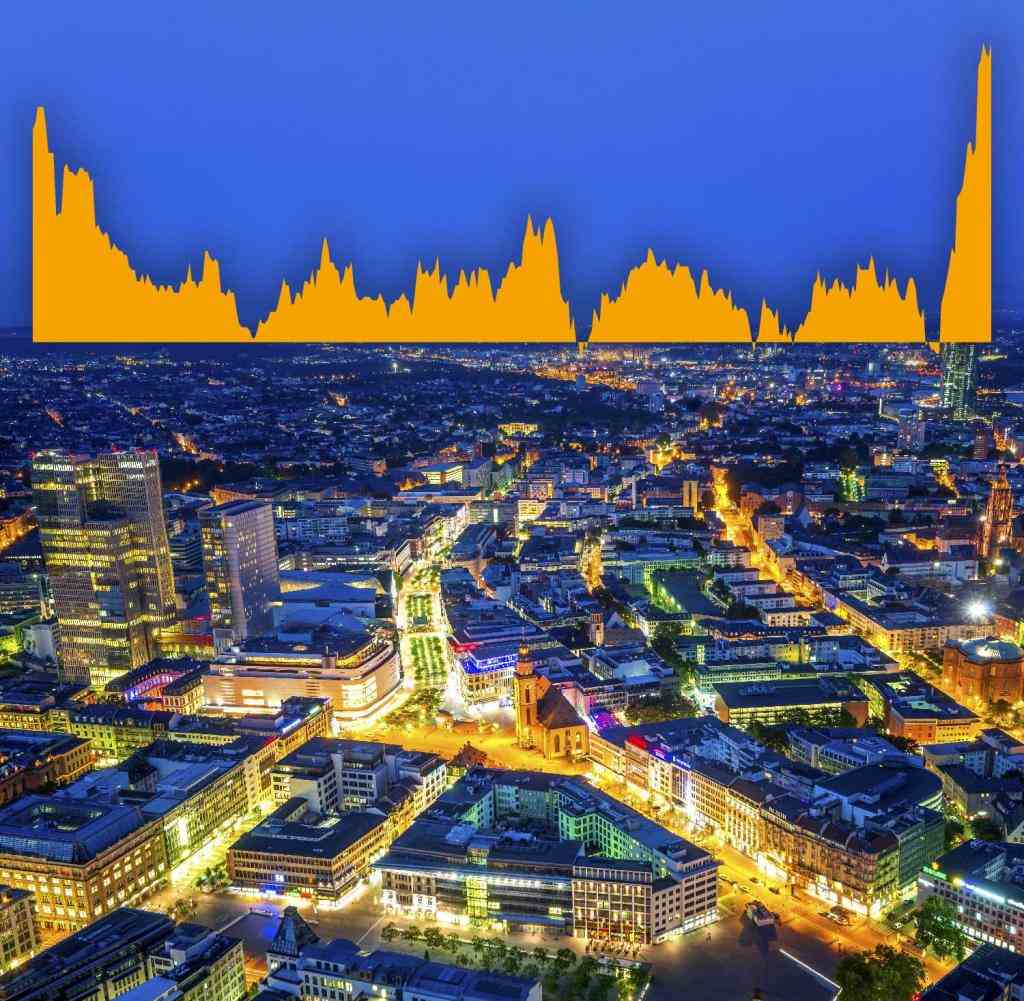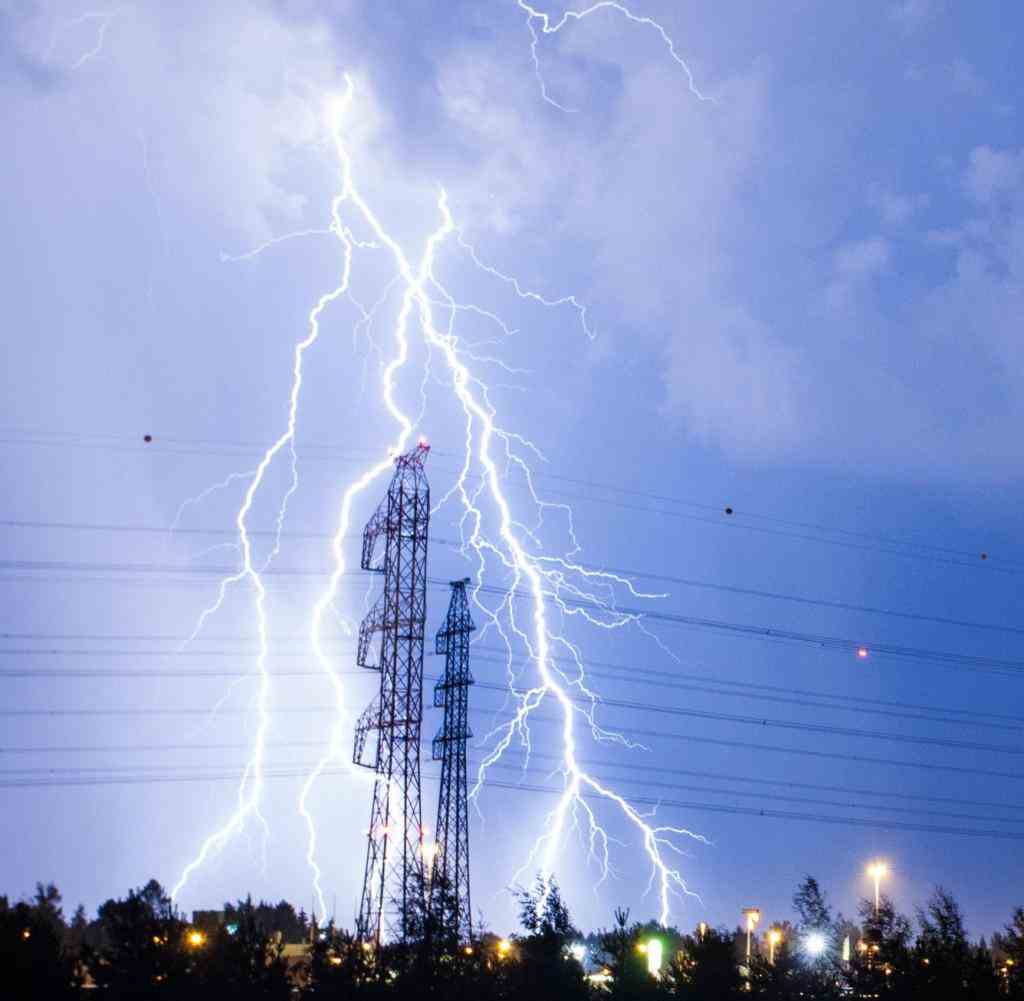AIn view of the high burdens caused by the energy crisis and inflation, the municipal utilities in Germany are preparing for a sharp increase in the number of defaults on the part of customers. “Until now, payment defaults have been less than one percent. Many municipal utilities are now pricing in losses of up to eight percent. But there are also municipal utilities that calculate bad debt losses of up to 15 percent. That then becomes threatening,” says Ingbert Liebing, Managing Director of the Association of Municipal Enterprises (VKU), the newspapers of the Funke media group.
Liebing calls for a temporary stop to bankruptcy filings for energy suppliers. In addition, relief is still needed in the fall. In concrete terms, Liebing proposes reducing the value added tax not only for gas, but also for electricity and heat to seven or five percent and reducing the electricity tax to the permissible minimum. In addition, those who are just above the transfer reference must be specifically helped. “The proven instruments such as housing benefit and heating subsidies must be used. The income limits should be increased in order to expand the group of recipients.”
The Stadtwerke also expect significant price increases for consumers. “Price increases are currently often between 30 and 60 percent. But there are also municipal utilities that have to more than double their prices. Sometimes more,” says Ingbert Liebing, General Manager of the Association of Municipal Enterprises (VKU), the newspapers Funke Mediengruppe. “Price increases are to be expected in the coming year as well, since the public utilities will procure gas over the long term.”
Gas is currently still being used that was bought a year or two ago at more favorable conditions. “And if we look at the stock market, we come from under 20 euros per megawatt hour at the beginning of last year and are now more than 300 euros per megawatt hour. Such prices are reflected in the pricing for end customers in the medium term.”
Future price increases would also depend on whether there would be further supply disruptions to Russian energy. According to Liebing, the planned shutdown of Nord Stream 1 on Wednesday is exclusively politically motivated. One is well advised to prepare for a “permanent reduction in deliveries to zero.”
All developments in the live ticker:
8:39 a.m. – Union demands explanation from Habeck in special committee meeting
The Union in the Bundestag demands a more courageous effort from Economics Minister Robert Habeck (Greens) against an impending energy emergency. “It is unacceptable that not all potential to avert an energy emergency in winter is being used,” said deputy CDU chairman and energy politician Andreas Jung of the German Press Agency. In addition, Habeck must end the “disaster” with the gas levy. The minister is due to answer questions at a special meeting of the Committee on Climate Protection and Energy on Wednesday.
“There is no national energy saving pact, gas generation is at a record level, biomass remains capped, the decision on nuclear energy is being delayed, and the urgent solidarity agreements with neighboring countries are being ignored,” criticized Jung. Habeck must now act boldly. At the same time, the federal government must finally “present a convincing overall concept for relief instead of half-baked patchwork”.
7:30 a.m. – Wissing promises a follow-up arrangement for the 9-euro ticket
Federal Transport Minister Volker Wissing has announced a successor regulation for the 9-euro ticket. He had convinced Finance Minister Christian Lindner (FDP) that there had to be another, more modern ticket “and that’s why we will work to ensure that the old tariff structures do not fall back, as is now the case on September 1.” , says the FDP politician on Deutschlandfunk.
He agreed with Lindner that there could be no free public transport because it had to be continuously developed. “But of course the pricing has to be attractive in the end,” emphasized Wissing. The Minister of Finance will also dig into the cash register again for this. However, the federal states must also make their contribution. Wissing did not provide any information as to when a new ticket structure would be introduced.
4:47 a.m. – Churches want to move services to parish halls due to energy crisis
In order to avoid high heating costs in old churches, the evangelical church is apparently considering unconventional measures. Significantly more congregations than before would move their services to the parish halls this winter, said the Bavarian Bishop Heinrich Bedford-Strohm of the “Augsburger Allgemeine”.
“Smart space planning will also help – use a few heated spaces intensively, leaving others unheated,” he added. However, it is also to be seen what the corona situation will allow in winter.
Energy saving and climate protection have been important issues in the church for years. “The ecological transformation of our church is now becoming even more important,” said Bedford-Strohm in view of the energy crisis.
04:05 – Nord Stream 1 has stopped flowing gas – maintenance has begun
As expected, Russia stopped gas deliveries via Nord Stream 1 to Europe on Wednesday night. Physical gas flow from Russia to Germany via the Baltic Sea pipeline fell to zero, data from entry point operators showed. The Russian state company Gazprom had announced almost two weeks ago that the pipeline would be closed for maintenance from August 31 to September 2.
Russia blames technical problems caused by Western sanctions for stopping gas supplies, while Germany and France, for example, accuse Russia of using gas supplies as a weapon of war.
According to Gazprom, the only remaining turbine in the Portovaya compressor station, which is upstream of the pipeline, needs maintenance. The head of the Federal Network Agency, Klaus Müller, however, had said that the maintenance work was technically incomprehensible. He keeps references to turbines by Siemens Energy for advanced. Russia had also referred to the lack of turbines in connection with the reduction in the volume supplied via the pipeline. Recently, only about 20 percent of the maximum possible amount came through the pipeline.
Kremlin spokesman Dmitry Peskov reiterated Tuesday that Russia is a reliable supplier and willing to honor its commitments. He justified the current delivery cuts with technical problems that the West caused itself through its sanctions.
It is considered at least likely that the gas will flow again from September 3rd. After the last shutdown for maintenance in July, Gazprom subsequently resumed transit as well. The independent Internet medium “The Bell” explained the logic behind it back then by saying that otherwise the Kremlin would rob itself of its own flexibility. Even with reduced deliveries, Russia could still threaten a further cut in deliveries. When the delivery is stopped, the potential threat is a thing of the past.
In addition, complete isolation from the European market would also have a severe impact on the Russian budget. Moscow is currently in the comfortable position of being able to get more out of exports financially despite the lower physical delivery volumes due to high prices. Another reason that speaks in favor of maintaining transit – at least to a limited extent: otherwise Gazprom would have to shut down and conserve its production capacities. A large-scale diversion of gas flows to Asia is not possible, since the pipeline system in this direction is still poorly developed. Of the 720 billion cubic meters that Russia produces, a good 200 are exported, 130 of them to the EU area.
“Kick-off Politics” is WELT’s daily news podcast. The most important topic analyzed by WELT editors and the dates of the day. Subscribe to the podcast at Spotify, Apple Podcasts, Amazon Music or directly via RSS feed.





